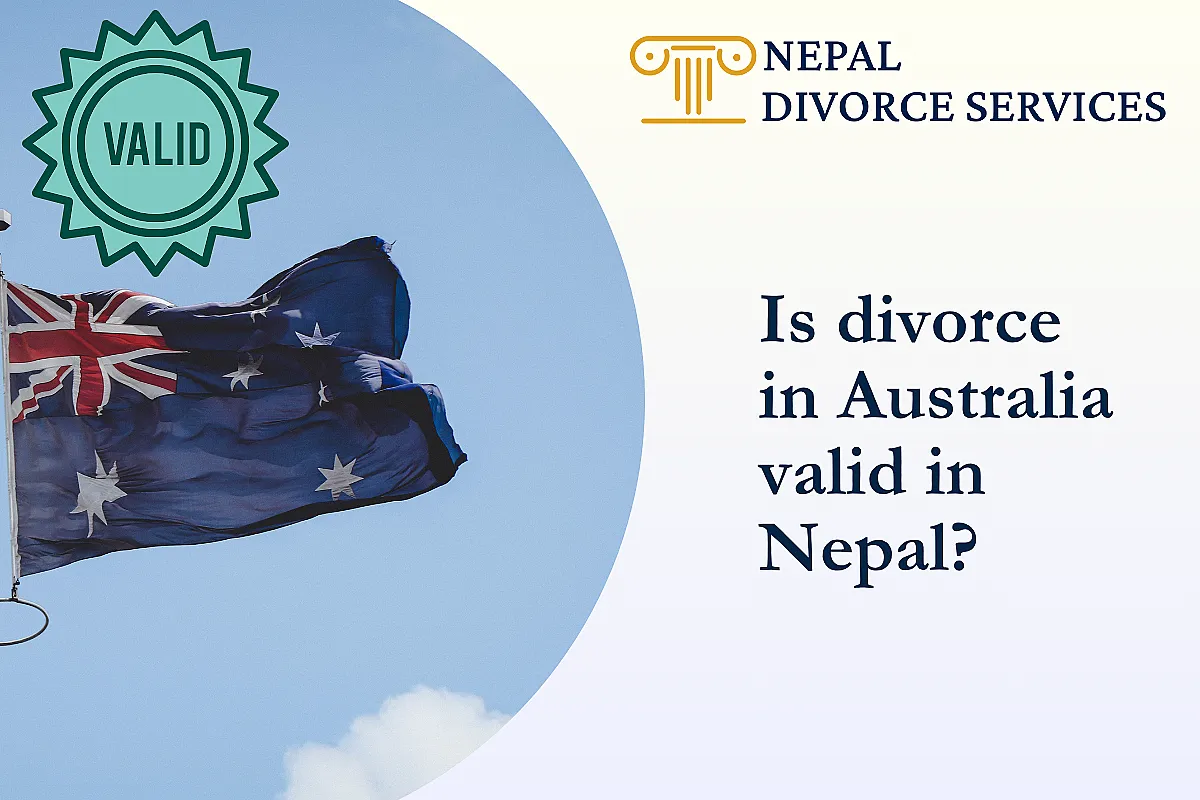Our Blog
- Home
- Blogs
Is divorce in Australia valid in Nepal?
Divorce is the legal termination of marriage between a husband and a wife. Divorce can have various legal, social, and emotional implications for both parties and their children. Different countries may have different laws and procedures for divorce. Therefore, it is important to know whether a divorce obtained in one country is valid and recognized in another country.In this article, we will explore whether a divorce obtained in Australia is valid and recognized in Nepal. We will also discuss the conditions and requirements for obtaining a divorce in both countries.
How the Civil Code 2074 (2017) reformed divorce and family law in Nepal
Divorce and family law are the legal aspects that govern the formation, dissolution, and consequences of marriage and family relationships. Divorce and family law can affect various issues such as grounds for divorce, alimony, child custody, child support, property division, debt allocation, inheritance, adoption, etc. Divorce and family law can have significant impacts on the rights and interests of both spouses and their children.
How to file for divorce in Nepal: A step-by-step guide
Divorce is the legal termination of marriage between a husband and a wife. Divorce can have various legal, social, and emotional implications for both parties. In Nepal, divorce is regulated by the Civil Code 2074 (2017), which provides two ways to obtain a divorce: by mutual consent or by filing a case in the district court.
Divorce by Court Order in Nepal
Divorce is the legal termination of marriage between a husband and a wife. Divorce can have various legal, social, and emotional implications for both parties. In Nepal, divorce is regulated by the Civil Code 2074 (2017), which provides two ways to obtain a divorce: by mutual consent or by filing a case in the district court.
Divorce by Mutual Consent in Nepal
This article explains the legal way for couples to end their marriage without placing blame on each other. It covers the process, advantages, disadvantages, and legal advice of divorce by mutual consent in Nepal.


-reformed-divorce-and-family-law-in-Nepal-medium.webp)


